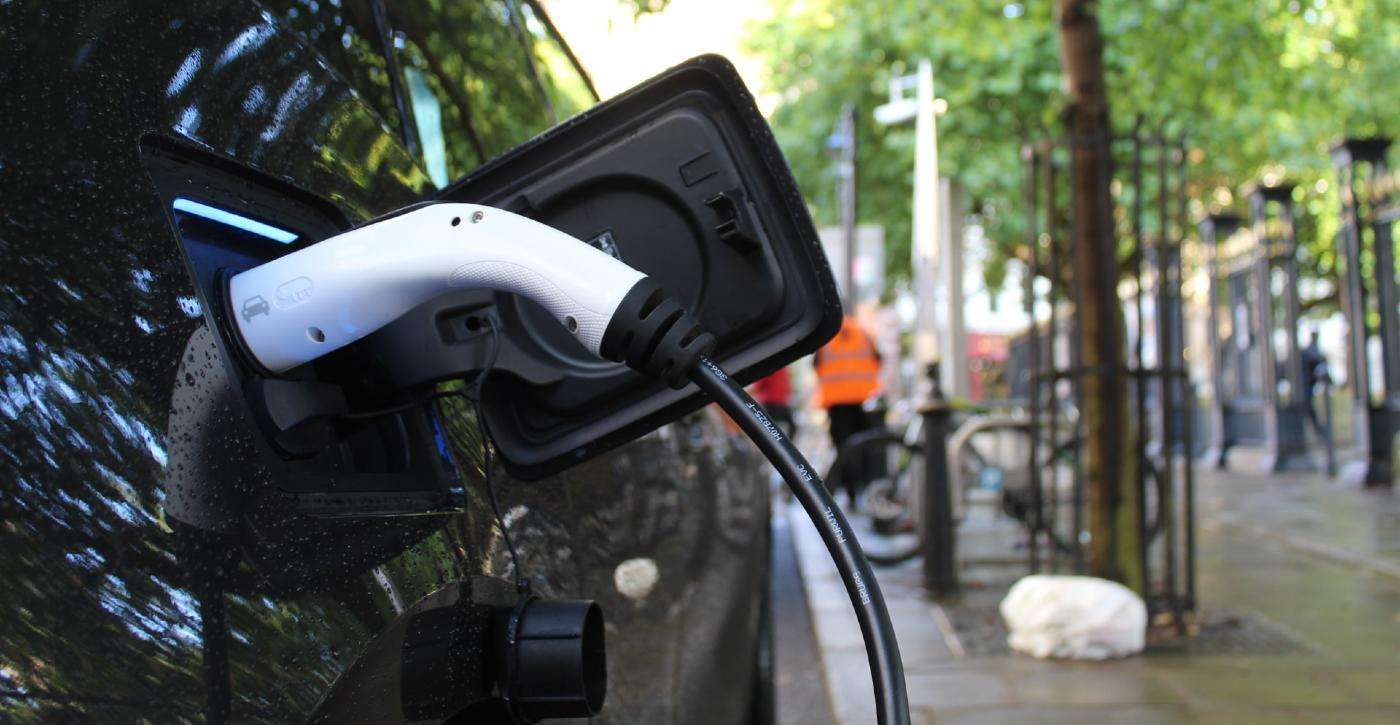Company Says its Multi-Day Storage Batteries For Renewable Energy Are the Holy Grail We've Been Waiting For
A firm that's attracted enormous investment say they have the "Holy Grail" of renewable storage technology in a battery powered by rust.

One of the biggest debates in modern automotive industry, that there are comparative or more greenhouse gasses produced through EVs and hybrid vehicles, looks to finally be settled after the release of a comprehensive review.
Using a life cycle assessment (LCA), the measurement of every ounce of carbon created from the cradle to the grave of the vehicle showed that electric vehicles still had substantially less emissions than internal combustion engine vehicles (ICVs).
From the moment the concept of the Toyota Prius had its curtain drawn back for the first time, automotive minds have been skeptical that hybrids and electrics (EVs) would be any more green after considering the extreme carbon costs of creating the battery and the fact that the electricity to charge it came from burning the same fossil fuels they were meant to replace.
However in the new LCA from the International Council for Clean Transportation everything, from the mining costs of lithium to make the batteries, to transporting them across the world via container ship, to the end-of-life burden, and even the current and perceived mix of energy generation in a given society, was taken into account across the four dominant car markets: Europe, the U.S., India , and China. Even in the latter two—the biggest burners of coal (often brown coal) and oil for electricity on Earth—it still uses less emissions to drive an EV than an ICV.
"Emissions over the lifetime of average medium-size EVs registered today are already lower than comparable gasoline cars by 66%–69% in Europe, 60%–68% in the United States, 37%–45% in China, and 19%–34% in India," the summary of the report states.
"Additionally, as the electricity mix continues to decarbonize, the life-cycle emissions gap between EVs and gasoline vehicles increases substantially when considering medium-size cars projected to be registered in 2030."
Early skeptics of EVs and hybrids did have a reason to suspect just how eco-friendly they were at the turn of the century, for example even with modern battery technology, it's still a little more carbon-intensive to manufacture an EV or hybrid.
However like all technologies, market innovations make things better, cheaper, and faster. Battery recycling technology for example would not only drive the cost of the EV down, but also the carbon footprint.
A hiccup in the report is that it uses estimates from the International Energy Agency to make projections about the potential energy mix 18 years into the future, which is how long the report assumes a car's drivable lifespan is.
That's extremely ballpark, as bureaucrats across the world tend to say a lot more than they do in regards to advancing renewable energy policy, and if a major political power shift occurred in any of these countries, the IEA report wouldn't be accounting for such policy changes.
Nevertheless you'd still only have to drive an EV bought today for one year before officially using less carbon than if you bought an ICV.
POWER UP the Good News—Share This Story With Pals on Social Media…
Be the first to comment